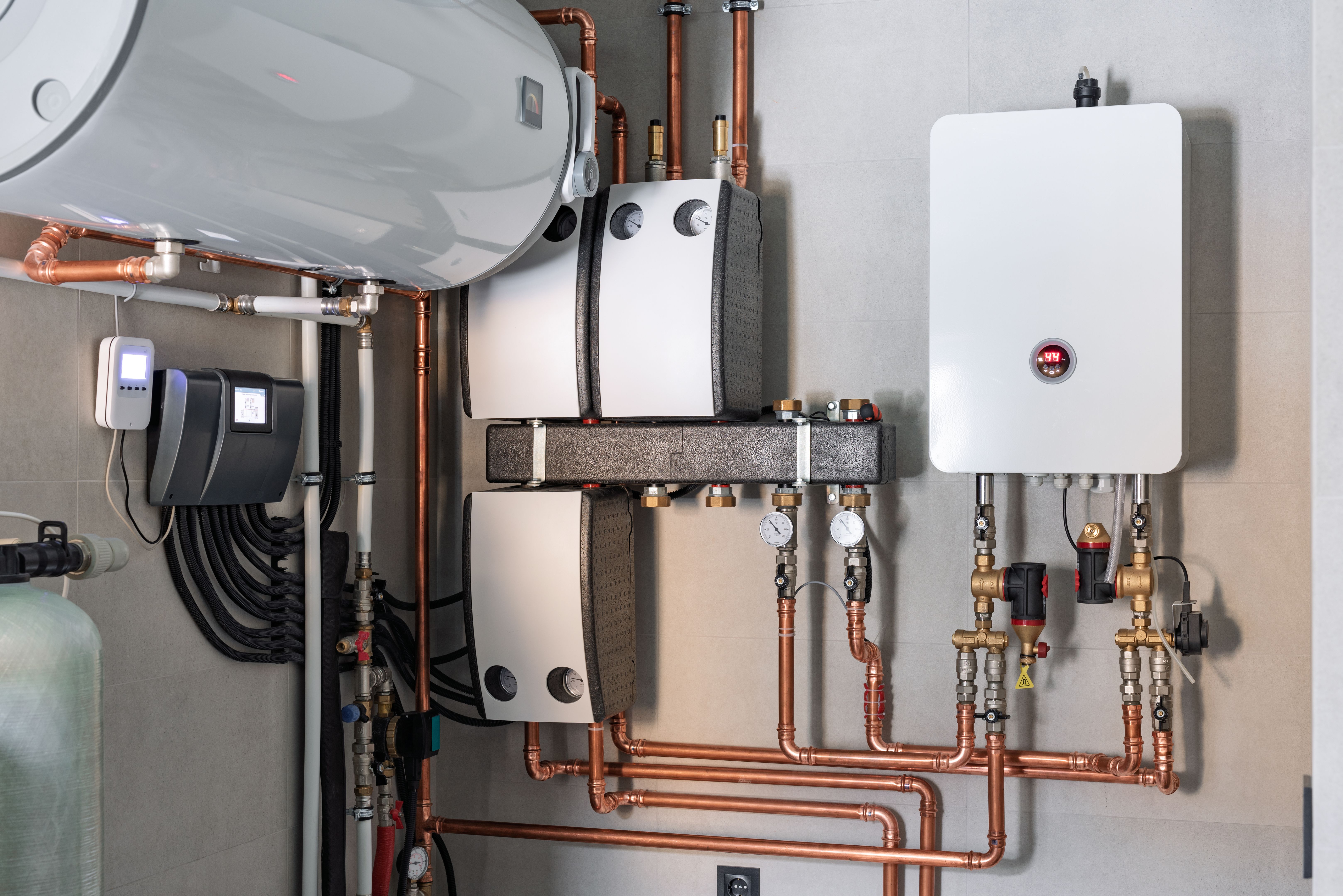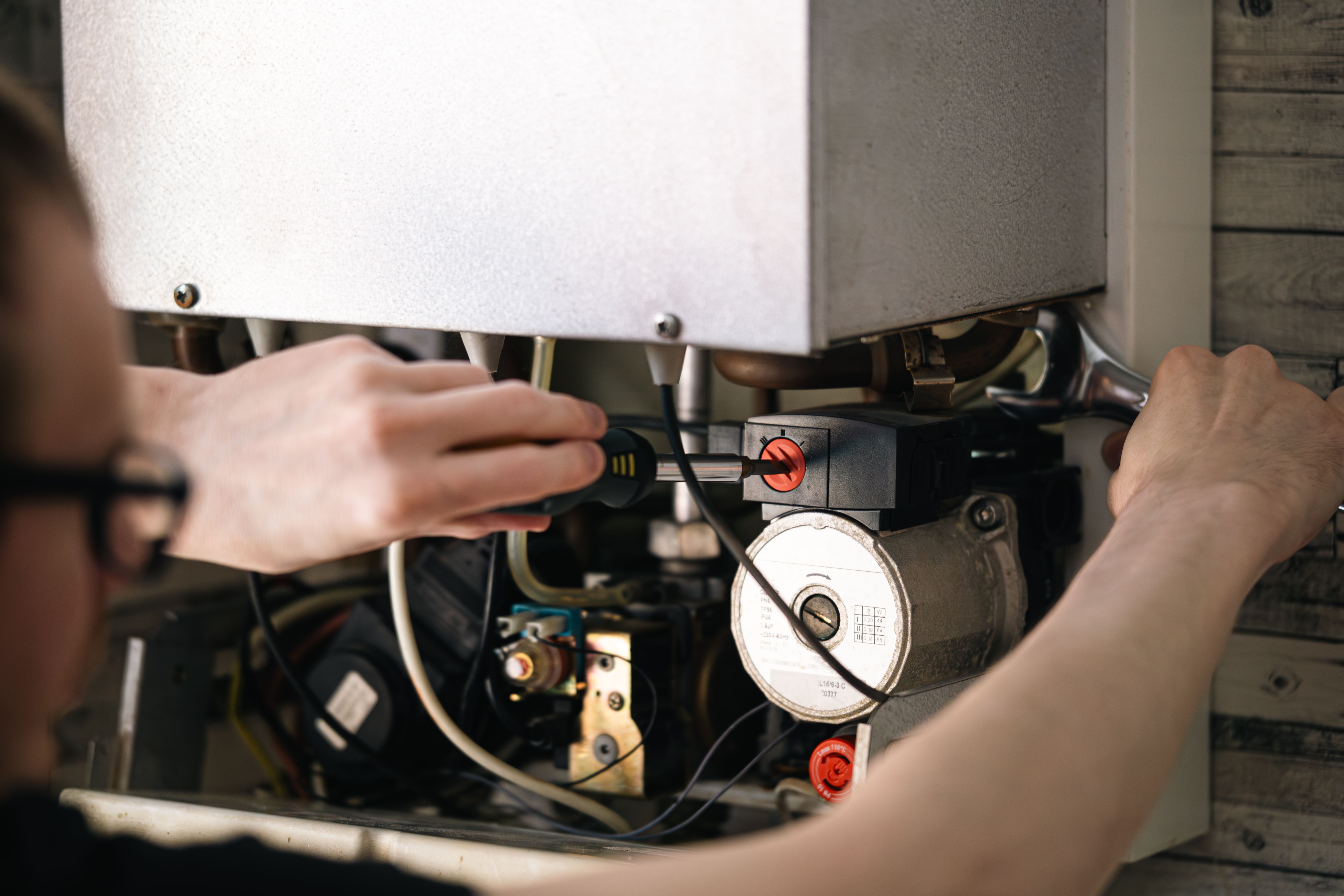The Ultimate Guide to High-Efficiency Heating Systems for Massachusetts Homes
Understanding High-Efficiency Heating Systems
Massachusetts homeowners know the importance of a reliable and efficient heating system. With the state's cold winters, having a heating system that not only functions well but also operates efficiently can make a significant difference in comfort and utility bills. But how do you determine what constitutes a high-efficiency heating system?

High-efficiency heating systems are designed to use less energy while providing adequate warmth. They achieve this through advanced technology and better design, resulting in lower operational costs and reduced environmental impact. Understanding the various types of high-efficiency systems can help you make an informed decision when upgrading or installing a new system.
Types of High-Efficiency Heating Systems
There are several types of high-efficiency heating systems suitable for Massachusetts homes. Some of the most common include:
- Condensing Boilers and Furnaces: These systems extract additional heat from the combustion gases, achieving efficiencies of over 90%.
- Heat Pumps: Particularly air-source heat pumps, which are effective in moderate temperatures, and ground-source heat pumps, which are efficient in a wider range of climates.
- Hybrid heating:
Hybrid heating combines the energy efficiency of a heat pump with the power of a gas furnace. Because you aren’t just relying on one system, you will reduce significant strain on both units, thus significantly reducing the need for repairs and replacements.

Each of these systems has its advantages and potential drawbacks, so it’s crucial to consider the specific needs of your home and budget when selecting the right one.
Benefits of High-Efficiency Systems
The primary advantage of high-efficiency heating systems is the potential for significant cost savings. By using less fuel or electricity, homeowners can expect lower energy bills. Additionally, these systems often qualify for rebates and incentives, further reducing the initial investment cost.
Beyond cost savings, high-efficiency systems contribute to environmental sustainability by reducing carbon emissions. They also tend to offer improved comfort levels due to more consistent temperature control and quieter operation.

Choosing the Right System for Your Home
When selecting a high-efficiency heating system, consider factors such as the size of your home, your budget, and local climate conditions. Consulting with a professional plumbing technician can provide valuable insights into which system would work best for your situation.
It's also essential to consider the long-term benefits versus the initial cost. While high-efficiency systems may have higher upfront costs, the savings on energy bills and potential incentives can make them a financially sound investment over time.
Maintaining Your Heating System
To ensure your high-efficiency heating system operates at peak performance, regular maintenance is crucial. This includes annual inspections, filter changes, and system tune-ups. Proper maintenance not only extends the lifespan of your system but also ensures it runs efficiently throughout its life.

In conclusion, upgrading to a high-efficiency heating system offers numerous benefits for Massachusetts homeowners. From cost savings and environmental impact to improved comfort and reliability, these systems are an excellent choice for staying warm during the harsh New England winters.
